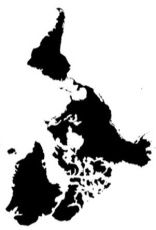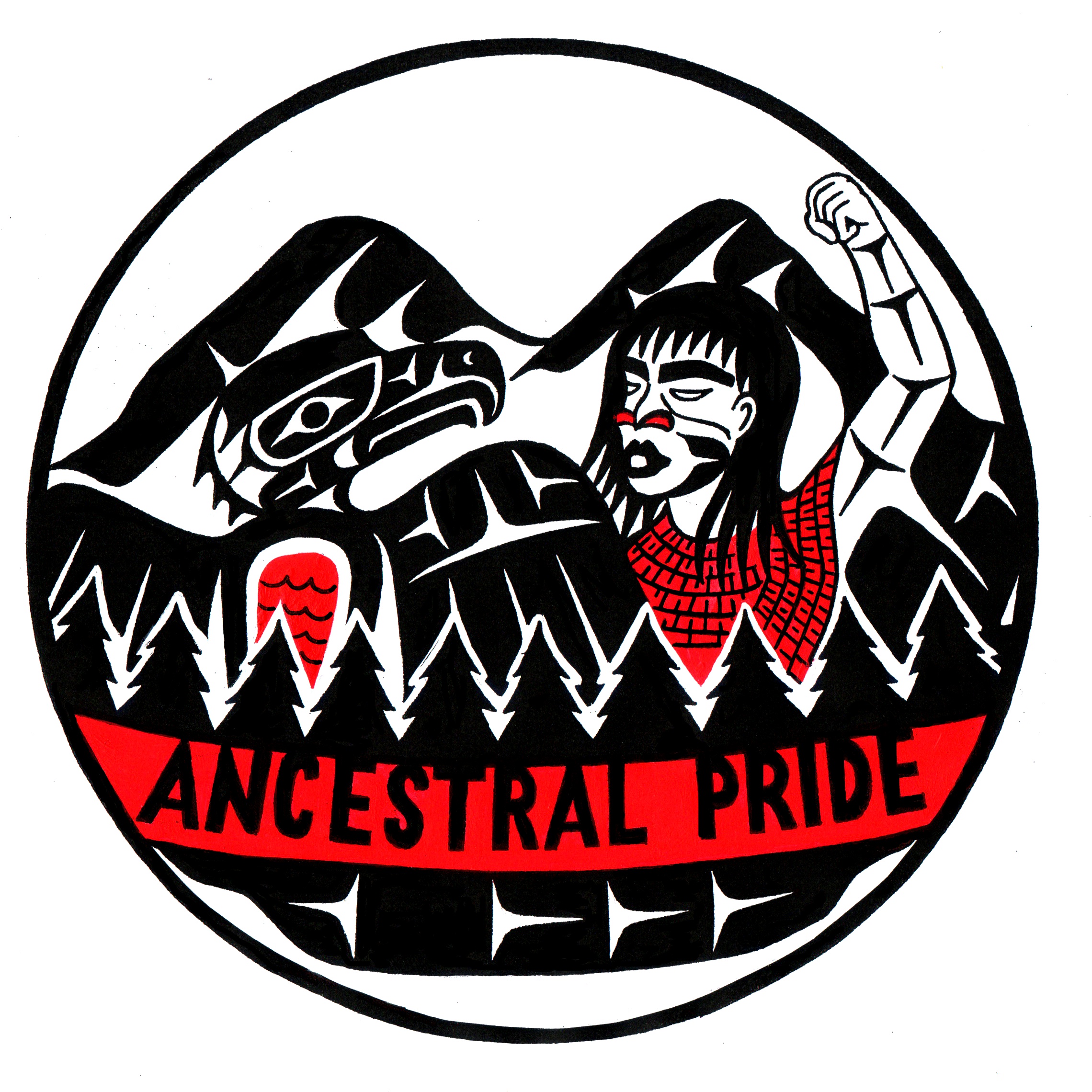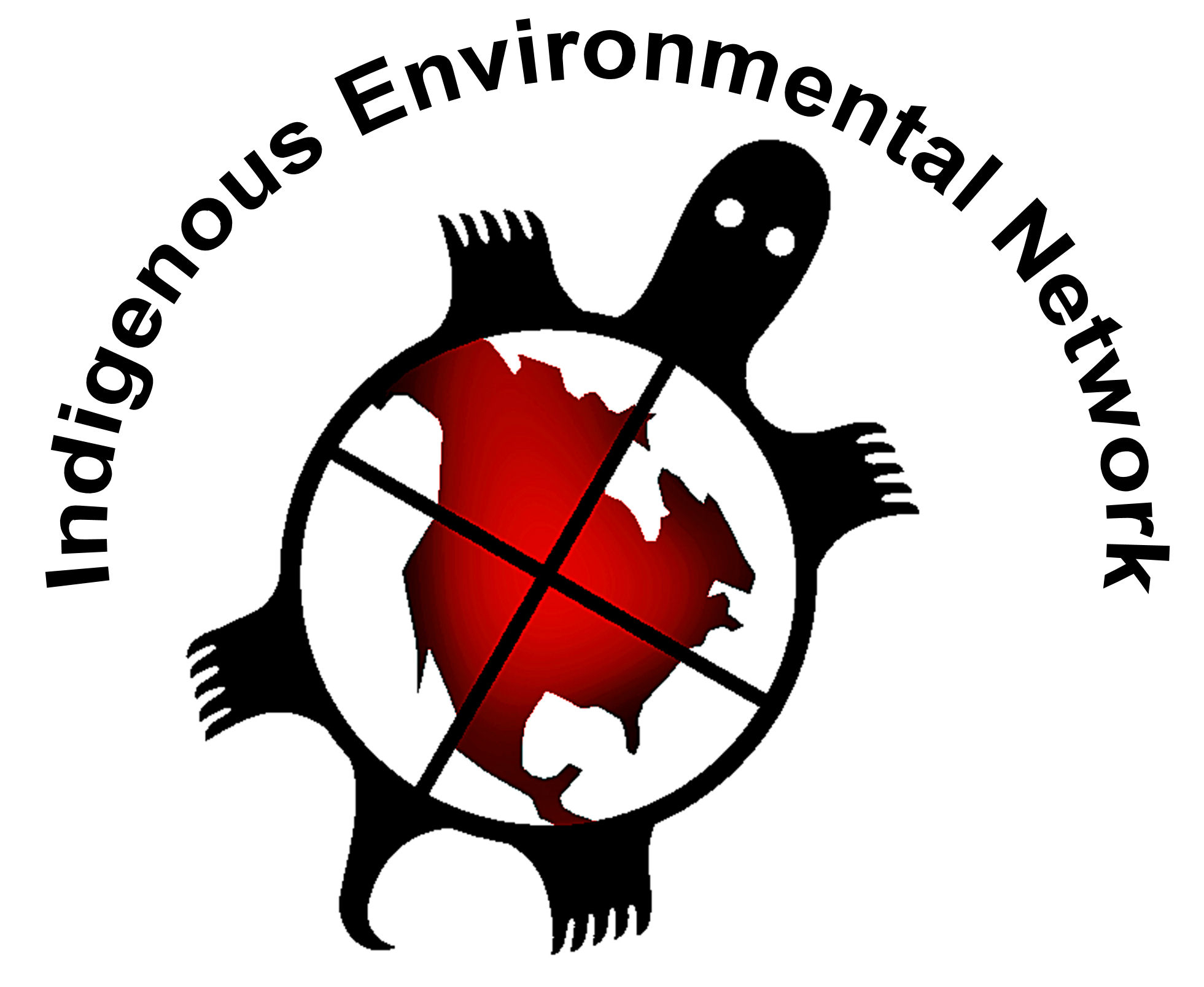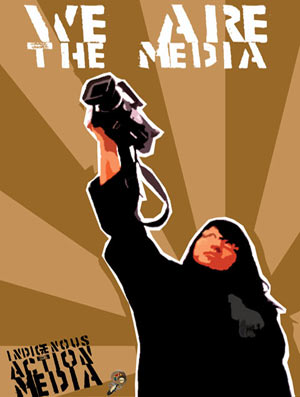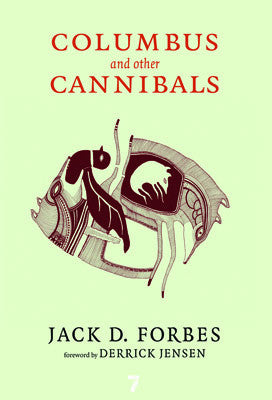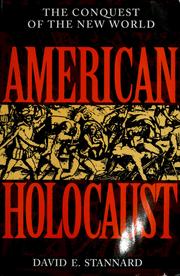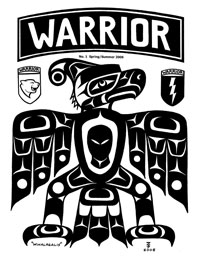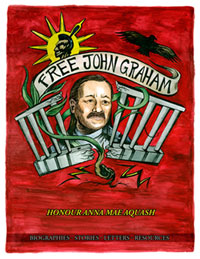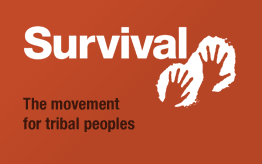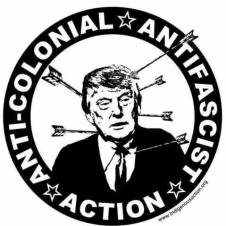 From The Decolonizer:
From The Decolonizer:
Donald Dump has been making a lot of people loose their shit these past couple of week he has been in office. Executive orders by his pen have forcefully approved the Keystone and Dakota Access Pipelines, initiated the U.S.-Mexico boarder wall, and even established a travel ban targeted at predominately Muslim countries. An order that froze funds for Obamacare will severely cut funding for Planned Parenthood and other birth control programs.
Many have protested, from the continued women’s protests following the Woman’s March to the emergency occupations of airports to help banned refugees. The politics of those who protest are varied and dynamic from the liberal reactionary to the anarchist black bloc, and everywhere in between. What unifies the masses in actions across the country is a general disapproval of Dump and his policies. Yet, this dissent, which does not even amount to a strong pro-impeachment stance, is still waiting for a unifying framework that will make its goals clear to itself.
So, while Standing Rock water defenders are being forcefully evicted via the Trump executive order, THE DECOLONIZER says:
If Your Anti-Trump Movement Is Not Anti-colonial You Are Wasting Your Time And Ours.
That goes for you too anarchist. We are all for punching Nazis (really we are) but the pursuit of an anarchist agenda without the leadership Native peoples will only replicate settler relationships. Any insurrectionary organizing against Trump on this land (Turtle Island) that has been stolen by white Europeans, must be rooted in an anti-colonial framework. If you are punching Nazis let it be because they are fascists as well as white colonizers. If you are destroying public property let it be because it is white property that was stolen by the U.S. settler colonial state. If you seek the abolition of the state, let it also be the abolition of settler colonial power and the restoration of Indigenous sovereignty.
As for you liberals…
Many of you take issue with Trump, but are absolutely fine with the white supremacist settler colonial system that you and your ancestors have profited from for centuries. You have no real qualms about racism or misogyny, you just don’t want to be reminded of your investments by a loud and overt bastard. Your rallying cry is “make America subtlety racist again”. You would give anything in the world to trade Trump for Hillary Clinton or Obama. When the Obama administration’s drone strikes and bombings have caused the very war-torn conditions that refugees are fleeing from. You couple discontent with the Trump administration with a strange nationalist pride. You hold signs that say “this is not us” or “we are better than this”. But Trump is as American as it gets and everyone knows it.
Fuck “not my president”. How about NO PRESIDENTS
No presidents, no cabinet, no administration. NO COLONIAL STATE. It is time to let go of an America that is inherently racist, inherently violent, inherently imperialist. An America that is inherently patriarchal, that organizes itself via gendered violence, an America that was founded on genocide, land-theft, and the force labor of Black Africans.
No, we are definitely not all immigrants
Stop saying that. Some of us were brought here in chains against our will and some had already been here. For thousands of years before any European had touched this land. There are better ways of being in solidarity with immigrants and refugees. To say that we are all immigrants is Indigenous erasure.
A anti-Trump movement that fails to build anti-colonial foundations will be just another settler protest, impotent and unable to bring together the great masses people for the purposes of authentic liberation.
The border wall is about the securing of stolen settler territory along a border that crossed Mexicans, many of whom are Chicanx people Indigenous to the region. The travel ban is about Christian hegemony, a pillar of the U.S. settler colonial project. The racism, patriarchy, and anti-queerness come from colonial social relations that were imported by European settlers and institutionalized. The spearheading of DAP and Keystone are the clearest instances of colonialism and environmental racism.
There is but one commonality that cuts across all other concerns regarding a Trump presidency. That commonality is the situation of continued settler colonialism via U.S. occupation of Indigenous lands.
Don’t Just Organize, Organize Against Colonialism.
Angela Davis once said “radical simply means grabbing something by the root”. Your movement just aint radical if you are not getting at the root of the issue. On this land the root of the issue is settler colonialism. Dissent is at level where some real substantial organizing can take place. Many have been urging us to organize. But to organize without a sound basis is reactionary. THE DECOLONIZER SAYS: organize against colonialism!



